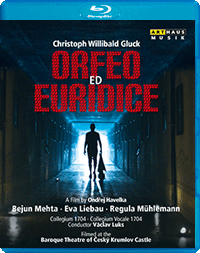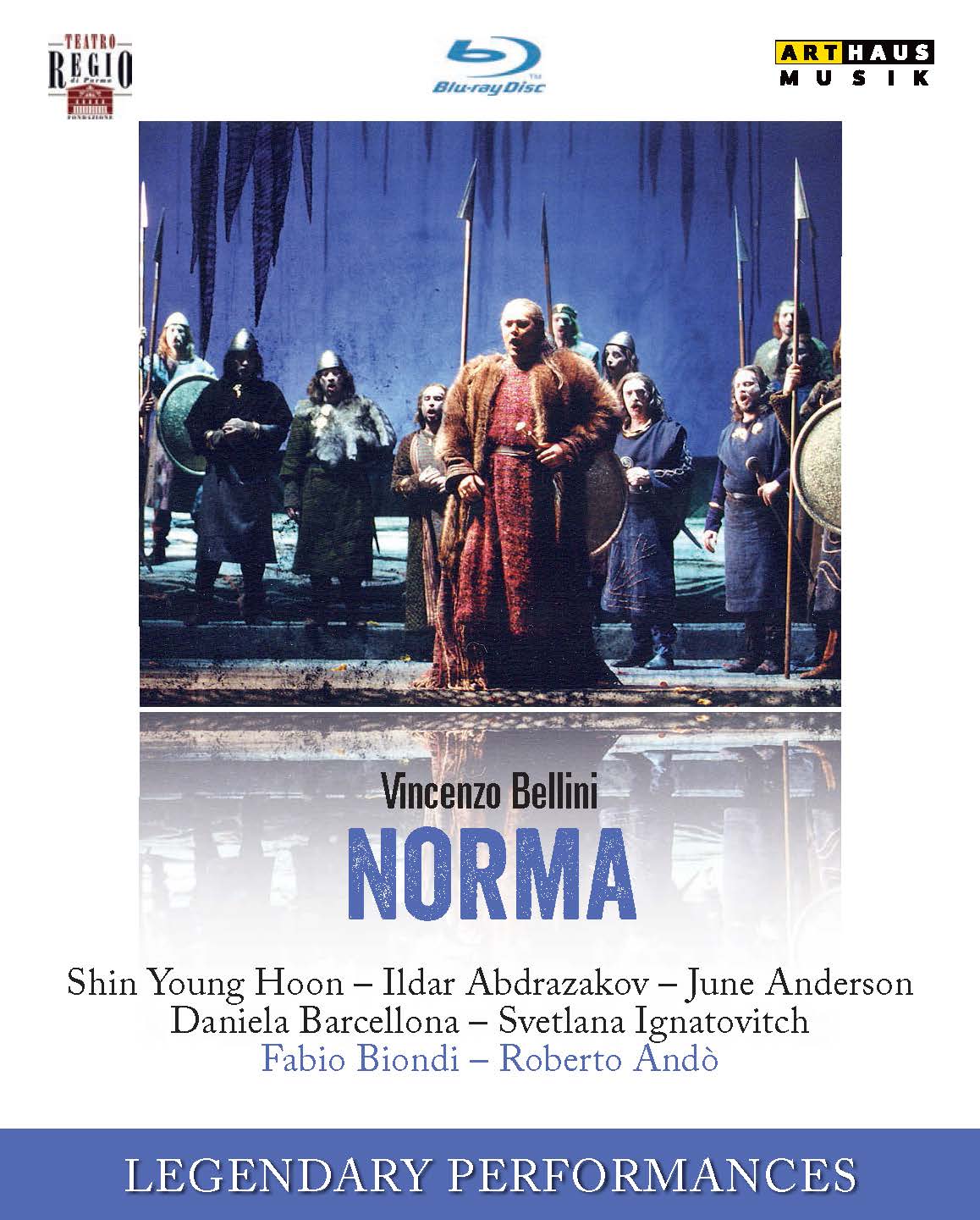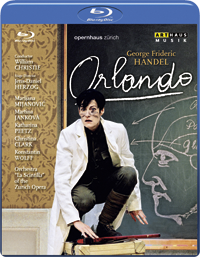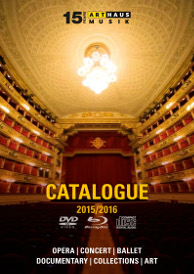
ORFEO ED EURIDICE
Christoph Willibald Gluck




Christoph Willibald Gluck
ORFEO ED EURIDICE
2013
Soloists:
Bejun Mehta, Eva Liebau, Regula Mühlemann
Orchestra, Chorus:
Collegium 1704, Collegium Vocale 1704
Conductor:
Václav Luks
Director:
Ondřej Havelka
The Baroque Theatre of Český Krumlov Castle provides an ideal setting for one of the most important operas in music history, Christoph Willibald Gluck’s “Orfeo ed Euridice”. Director Ondřej Havelka captures much more than a stage performance: combining period details with modern psychological interpretation he chooses a cinematic approach that literally takes us behind the scenes of this unique venue. Bejun Mehta, ‘arguably the best countertenor in the world today’ (Sueddeutsche Zeitung), lends credibility to the emotions tormenting Orfeo’s heart. As his beloved Euridice, Austrian soprano Eva Liebau juggles joy and jealousy. Bringing comic relief to the work’s dark tone is Regula Mühlemann as Amore, who cheerily sends mortals zigzagging on their way to life, love – and, maybe, death. Under the baton of baroque specialist Václav Luks, the splendid soloists are supported by the Prague orchestra and vocal ensemble Collegium 1704 and Collegium Vocale 1704. This is the perfect new release to celebrate Gluck’s 300th anniversary in 2014!
Label:
Arthaus Musik
Genre:
Oper
Running Time:
75
Picture Format:
16:9
Sound Format:
PCM Stereo / DTS-HD Master Audio 5.0
Resolution:
1080i Full HD
Number of Discs:
1
Region:
A, B, C
Languages:
IT
Subtitle Languages:
GB, DE, FR, ES, IT, JP, KO
EAN:
0807280810394
UPC:
807280810394
Blu-ray:
108103

Vincenco Bellini
This production of Vincenzo Bellini’s masterpiece Norma is extraordinary in many aspects: Staged by Italian director and filmmaker Roberto Andó at the Teatro Regio in Parma, it gathered international stars like American soprano June Anderson as Norma, whose lyric voice shines particularly brightly against the softer sound texture of historic(...)

George Frideric Handel
“Orlando teaches all of us that love is often responsible for our loss of reason,” runs a line from Act 3 of the opera. It is a modest moral, and perhaps one not demanding of the dramatic finesse and musical diversity that Handel serves up in Orlando – for the opera’s complex of problems is rather more complicated than that. Yet despite such(...)









 PDF Download (5,5 MB)
PDF Download (5,5 MB) PDF Download (6,7 MB)
PDF Download (6,7 MB)